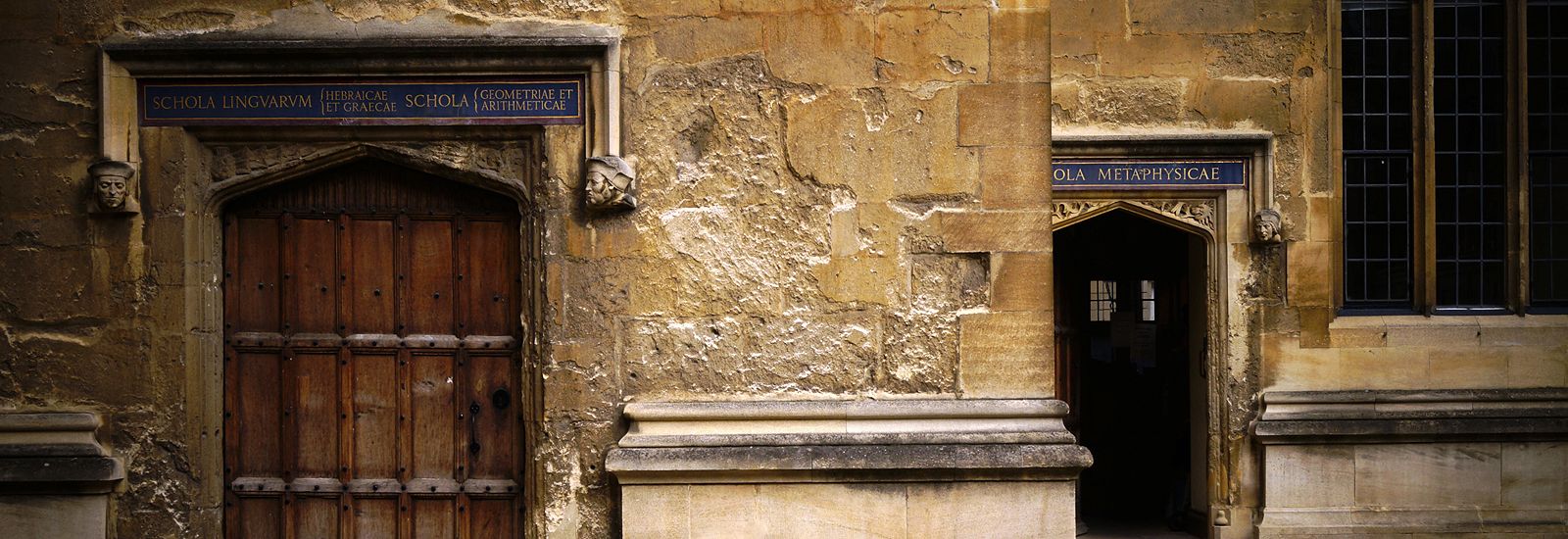Markov Reachability for biased cycles
 Image credit: Nicola Mastroddi
Image credit: Nicola Mastroddi
The Markov Reachability Problem
We are interested in decision problems for Markov chains and in particular, the Markov Reachability Problem. Given a stochastic matrix $K\in\mathbb{Q}^{d\times d}$ and positive $r\in\mathbb{Q}$, determine whether there exist an $n\in\mathbb{N}$ such that $K^n(1,2)=r$. That is to say, does there exist an $n\in\mathbb{N}$ such that the probability of travelling from state $1$ to state $2$ is exactly $r$. The decidability of the Markov Reachability Problem is currently open.
We note the Markov Reachability Problem is more difficult than the process of determining whether there is a path of length $n$ originating at state $1$ and terminating at state $2$ with associated probability $r$.
Cycle graphs
We shall consider the Markov Reachability Problem for a toy example. Let us define the entries of an $m\times m$ stochastic matrix $K$ with rows and columns indexed by the states ${1,2,\ldots, m}$ as follows
\begin{equation*} K(i,j) = \begin{cases} p & \text{if } j=i+1 \pmod{m},\\ 1-p & \text{if } j=i-1 \pmod{m},\\ 0 & \text{otherwise}. \end{cases} \end{equation*}
The Markov chain associated to $K$ is a directed graph with states ${1,2,\ldots, m}$ so that at each timestep the transitions $\ell\mapsto\ell+1\pmod{m}$ and $\ell\mapsto\ell-1\pmod{m}$ occur with probabilities $p$ and $1-p$, respectively.
We call the Markov chain associated to $K$ an $m$-cycle and, in addition, if $p\neq 1/2$ we call the Markov chain a biased $m$-cycle. Without loss of generality, we shall assume throughout that $p\in(0,1/2)$.
The biased $4$-cycle
Consider the decidability of the Markov Reachability Problem for the biased $4$-cycle. It is clear that the only value of $r\in\mathbb{Q}$ that is not covered by stochastic asymptotic considerations is $r={1}/{2}$. We prove the following.
Proposition: Let $K$ be the stochastic transition matrix \begin{equation*} K := \begin{pmatrix} 0 & p & 0 & 1-p\\ 1-p & 0 & p & 0\\ 0 & 1-p & 0 & p\\ p & 0 & 1-p & 0 \end{pmatrix} \end{equation*} for the biased $4$-cycle with $p\in(0,1/2)$. There is no $m\in\mathbb{N}$ for which $K^m(1,2) = 1/2$.
Proof. Observe that a path originating at state $1$ and terminating at state $2$ on the $4$-cycle graph has odd length. We can categorise such paths by the number of state transitions $\ell\mapsto\ell+1\pmod{4}$ and $\ell\mapsto\ell-1\pmod{4}$ made.
Given that $K^{2m}(1,2)=0$ for each $m\in\mathbb{N}$. We need only consider two cases: paths with length $4m+1$ and those with length $4m+3$. We can write the entries $K^{4m+1}(1,2)$ and $K^{4m+3}(1,2)$ in terms of sums of odd binomial coefficients such that \begin{align*} K^{4m+1}(1,2) &= \sum_{j=0}^{2m} \binom{4m+1}{2j+1} p^{2j+1}(1-p)^{4m-2j}, \text{ and }\\
K^{4m+3}(1,2) &= \sum_{j=0}^{2m} \binom{4m+3}{2j+2} p^{2j+2}(1-p)^{4m-2j+1}. \end{align*}Using standard techniques for binomial expansions we can express $K^{4n+1}(1,2)$ as follows \begin{align*} 1- (1-2p)^{4m+1} &= (p + (1-p))^{4m+1} -(-p+(1-p))^{4m+1} \\ &= \sum_{j=0}^{4m+1} \binom{4m+1}{j} p^j (1-p)^{4m+1-j} (1-(-1)^j) \\ &= 2\sum_{j=0}^{2m} \binom{4m+1}{2j+1} p^{2j+1} (1-p)^{4m-2j} \\ &= 2K^{4m+1}(1,2). \end{align*}
Suppose, for a contradiction, that there is an $m\equiv 1 \pmod{4}$ for which $K^m(1,2)={1}/{2}$. Then $0 = K^m(1,2) - {1}/{2} = -(2p-1)^{m}/2$, but this contradicts our assumption that $p\in(0,1/{2})$. The fact that there is no $m\equiv 3 \pmod{4}$ for which $K^m(1,2) = 1/{2}$ follows by a similar argument. Thus we determine there is no $m\in\mathbb{N}$ for which $K^m(1,2)=1/{2}$ as required.
The decidability of the Markov Reachability Problem for the fair $4$-cycle is trivial. In fact, the problem is decidable for the general $m$-cycle. It can be shown that the Markov Reachability Problem is decidable for biased cycles with $m$ states, but that is a post for another time.